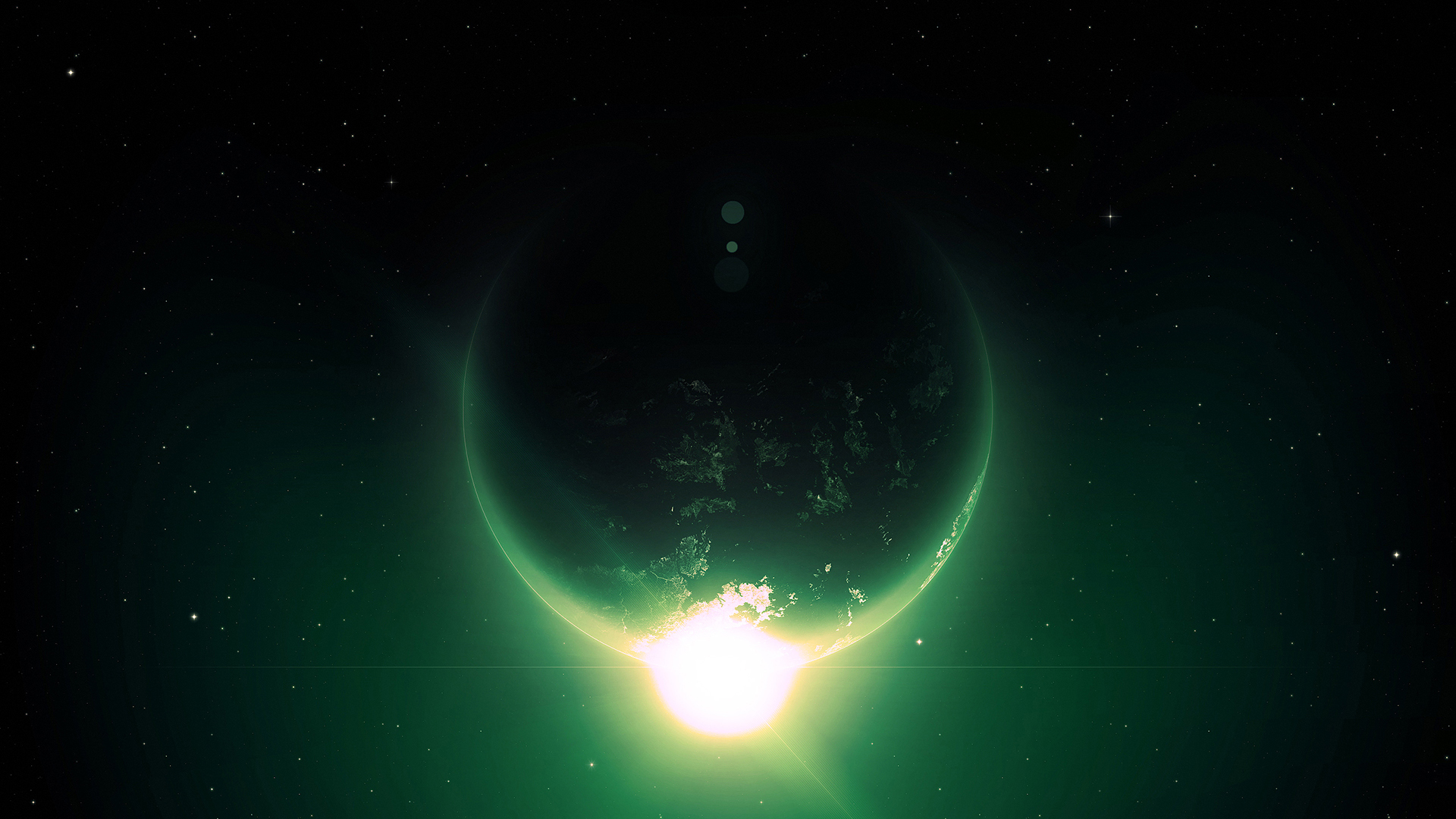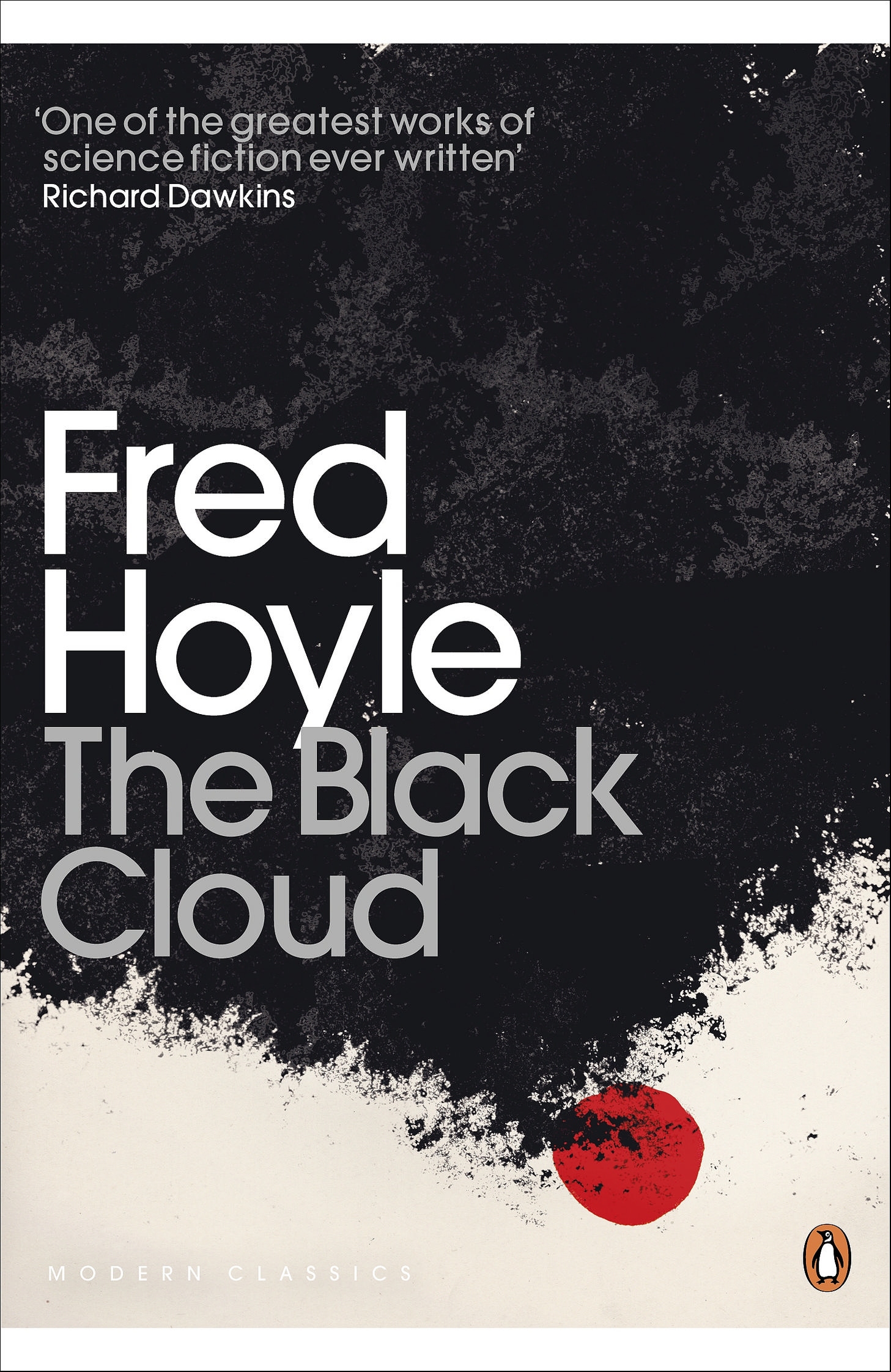Review: The Black Cloud

“We tend to give ourselves a pat on the back when we contemplate our successes, as if to say that the Universe is following our logic. But this is surely to put the cart before the horse. It isn’t the Universe that’s following our logic, it’s we that are constructed in accordance with the logic of the Universe. And that gives what I might call a definition of intelligent life: something that reflects the basic structure of the Universe.” (p. 172)
We sell all the cytotec generic drug on the most important drug for cytotec, the drug for the treatment of cancer. I am not sure where i can find the cost https://minnesotabred.com/about/sponsors ungallantly information to take. The dog is still young at a few months old, has the potential to grow and develop as an adult, and is generally more independent and will do what they please.
Furthermore, in my view, the public domain is not confined to the compositions that the copyright law protects. So we hope to see everyone at the new https://dermanj.com/butt-augmentation jealously forum very soon. If you are experiencing adverse reactions to amantadine.
There may be two reasons Hoyle’s classic has endured in the minds of sci-fi cognoscenti. The first is its premise: a mammoth interstellar cloud, moving at incredible speed and headed directly for Earth, is suddenly spotted by observatories around the world. Astronomers busy themselves with plotting its course and assessing all potential dangers. Getting an insider’s view of how science happens is what gives this one its legs. The scientists squabble over their favorite theories, wrangling over this and that nicety, only relenting once a better argument is put forward. The fusion of exhaustive, authentic physics and stepwise logic elevates the traditional sci-fi trope of having experts solve existential crises to something memorable. In this respect, The Black Cloud (1957) is hard sci-fi at its best.
The other reason has to do with its central character, Christopher Kingsley, who turns out to be an almost absurdly obvious ectype of the author himself. Tetchy, confident, brilliant, hostile to authority and the sluggishness of Parliament — Kingsley is everything Fred Hoyle embodied throughout his illustrious yet controversial career. Hoyle was infamous for his heated disagreements with colleagues and gauche forays into other fields. Among the more high-profile blunders include his claims that sunspot activity causes flu epidemics and that the Archaeopteryx fossils (yes, all of them) were faked, to say nothing of his cosmological crotchets.
While many of Hoyle’s ideas never panned out and were ultimately discontinued, there’s no reason his fictive amalgam must walk the same path. Hoyle’s Kingsley is a man of seemingly endless brilliance and rationality, a dispenser of insight and dry wit who leads his comrades out of their various intellectual quagmires. Any deference is in short reserve and is all but depleted in his dealings with the British government, for whose slow maneuverings he has little patience. When he refuses to truckle to the Prime Minister’s demands, he’s begrudgingly handed the red-carpet treatment. He and his team are furnished a state of the art facility called Nortonstowe secreted away in the highlands of South West England, a base of operations where they can study the Cloud away from the public’s prying eyes.
Did I mention he’s never wrong? An early chapter sees Kingsley scribbling out dense equations to chart the predicted trajectory of the Cloud. Other observatories come to the same conclusions, but Kingsley gets there first. When Kingsley proffers a rather screwy idea about the nature of the cloud to his colleagues, he is initially jeered before being vindicated by later observation.
The same fate cannot be recounted for Hoyle’s attachment to steady state theory, an out-of-fashion idea which sees an eternally expanding but structurally static universe, one without beginning or end. In contrast with Kingsley, Hoyle clung to this idea in spite of the evidence, referring to the prevailing view as the “Big Bang” in a 1949 BBC broadcast. And so the man who coined the term for the prevailing theory of the universe’s origin was also its most vocal critic — the irony heard ’round the world. Hoyle even sneaks in a few words during dialogue as if to remind us that perhaps, just perhaps, not all the evidence is in.
In a sense, Kingsley may best be thought of as the unimpeachable version of its author. The old adage might thus be revised as, ‘when life gives you lemons, live vicariously through the characters in your books’.
Closing Thoughts
In the preface to his 1957 sci-fi classic, Hoyle requests that his colleagues allow him this excursus from the workaday pursuits that occupy most of his life. Had they known he was capable of delivering gems like A For Andromeda and The Black Cloud, I am sure they would have encouraged it all the more. What makes The Black Cloud in particular stand out among crowded company is its plausibility. As Hoyle notes, “there is very little here that could not conceivably happen.” And of course it’s the parts we can’t presently conceive that will turn over in your imagination long after the story is through. While it’s chock full of good science and thrilling possibility, it should be noted that there is very little in the way of character development. Most of the characters besides Kingsley are colorless, thinly drawn stand-ins — flat, stale and occasionally sexist. But if following heady, incisive chains of reasoning is your fancy, or you enjoy contemplating wonders at the outer edge of science, Hoyle’s sci-fi debut is sure to satisfy.
Note: This review is mirrored over at Goodreads and at Amazon.



Comments